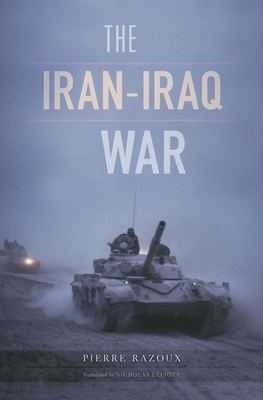Expedite your nonfiction book discovery process with Readara interviews, summaries and recommendations, Broaden your knowledge and gain insights from leading experts and scholars
In-depth, hour-long interviews with notable nonfiction authors, Gain new perspectives and ideas from the writer’s expertise and research, Valuable resource for readers and researchers
Optimize your book discovery process, Four-to eight-page summaries prepared by subject matter experts, Quickly review the book’s central messages and range of content
Books are handpicked covering a wide range of important categories and topics, Selected authors are subject experts, field professionals, or distinguished academics
Our editorial team includes books offering insights, unique views and researched-narratives in categories, Trade shows and book fairs, Book signings and in person author talks,Webinars and online events
Connect with editors and designers,Discover PR & marketing services providers, Source printers and related service providers

The Iran-Iraq War
History > Military - Wars & Conflicts (Other)
- Belknap Press
- Hardcover
- 9780674088634
- 9.4 X 6.4 X 1.9 inches
- 2.6 pounds
- History > Military - Wars & Conflicts (Other)
- (Single Author) Asian American
- English
Readara.com
Book Description
From 1980 to 1988, Iran and Iraq fought the longest conventional war of the twentieth century. The tragedies included the slaughter of child soldiers, the use of chemical weapons, the striking of civilian shipping in the Gulf, and the destruction of cities. The Iran-Iraq War offers an unflinching look at a conflict seared into the region's collective memory but little understood in the West. Pierre Razoux shows why this war remains central to understanding Middle Eastern geopolitics, from the deep-rooted distrust between Sunni and Shia Muslims, to Iran's obsession with nuclear power, to the continuing struggles in Iraq. He provides invaluable keys to decipher Iran's behavior and internal struggle today.
Razoux's account is based on unpublished military archives, oral histories, and interviews, as well as audio recordings seized by the U.S. Army detailing Saddam Hussein's debates with his generals. Tracing the war's shifting strategies and political dynamics--military operations, the jockeying of opposition forces within each regime, the impact on oil production so essential to both countries--Razoux also looks at the international picture. From the United States and Soviet Union to Israel, Europe, China, and the Arab powers, many nations meddled in this conflict, supporting one side or the other and sometimes switching allegiances.
The Iran-Iraq War answers questions that have puzzled historians. Why did Saddam embark on this expensive, ultimately fruitless conflict? Why did the war last eight years when it could have ended in months? Who, if anyone, was the true winner when so much was lost?
Author Bio
Pierre Razoux is Research Director at the Institut de Recherche Stratégique de l’Ecole Militaire (IRSEM), Paris.
Dr Pierre Razoux (born in 1966) is a French Senior Civil Servant and a Doctor of Military History currently working in the Research Division of the NATO Defense College in Rome. He is in charge of the Mediterranean Dialogue and the Istanbul Cooperation Initiative. He studied law, history and international politics. He served previously in the Delegation for Strategic Affairs of the French Ministry of Defence and he got a three years appointment in the Policy Division of the British Ministry of Defence as an exchange officer. He has a long experience in the field of international affairs and defence, particularly on Northern African, Middle Eastern, Caucasian, NATO and European matters.
A specialist on the Middle East, he is a well-known lecturer and researcher who published 7 books and more than 90 academic articles (last books published: History of Georgia – The Key of the Caucasus, Paris, Perrin, 2009; Tsahal – New History of the Israeli Armed Forces, Paris, Perrin, 2008). He is in the process of being authorized by the French University (Paris 4 La Sorbonne) to work as a full Professor and Research Director.
He lectures regularly in the field of international affairs, strategy, contemporary defence and conflict issues, particularly regarding the Middle East. He gives regular interviews in the media (leading newspapers, magazines, radios, TV) and keeps close links with numerous leading think tanks. He is married and has three daughters.
Source: NATO Defense College
Videos




Community reviews
No Community reviews

